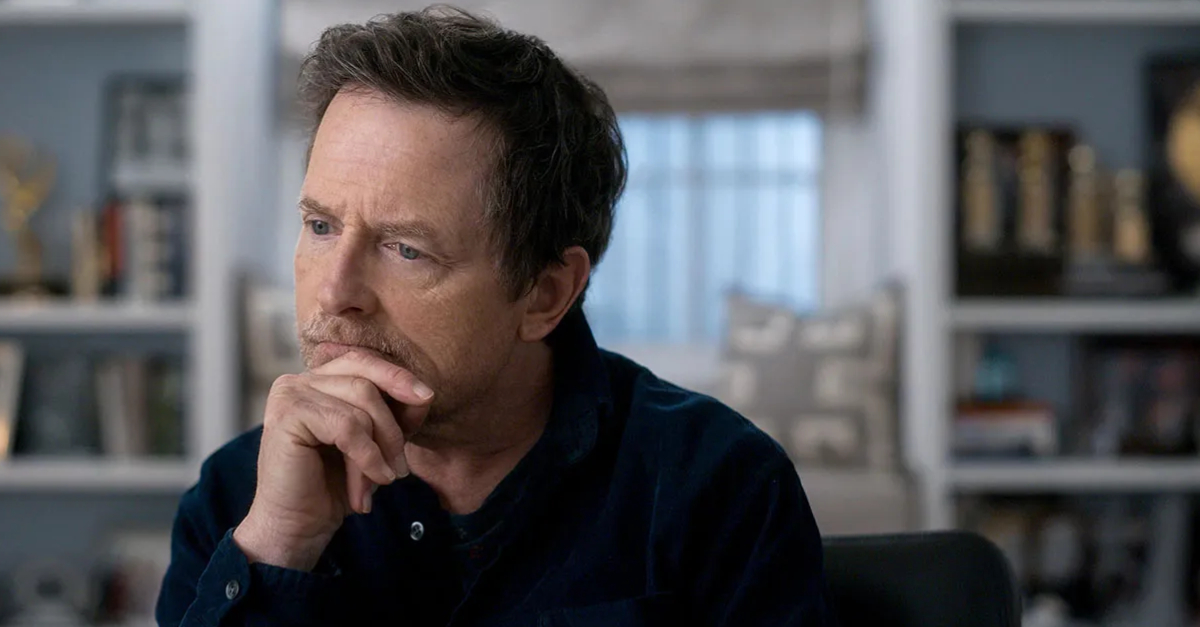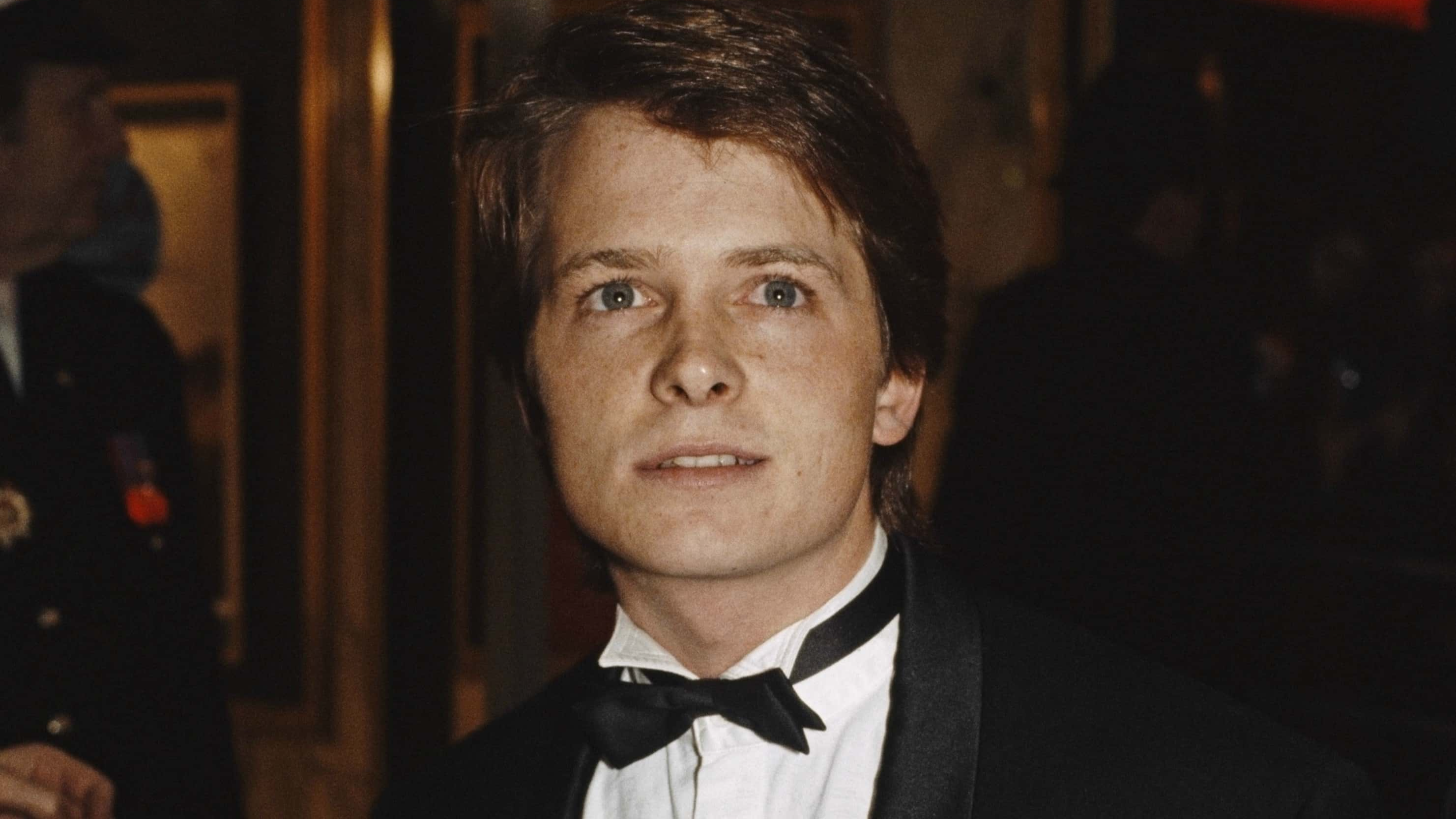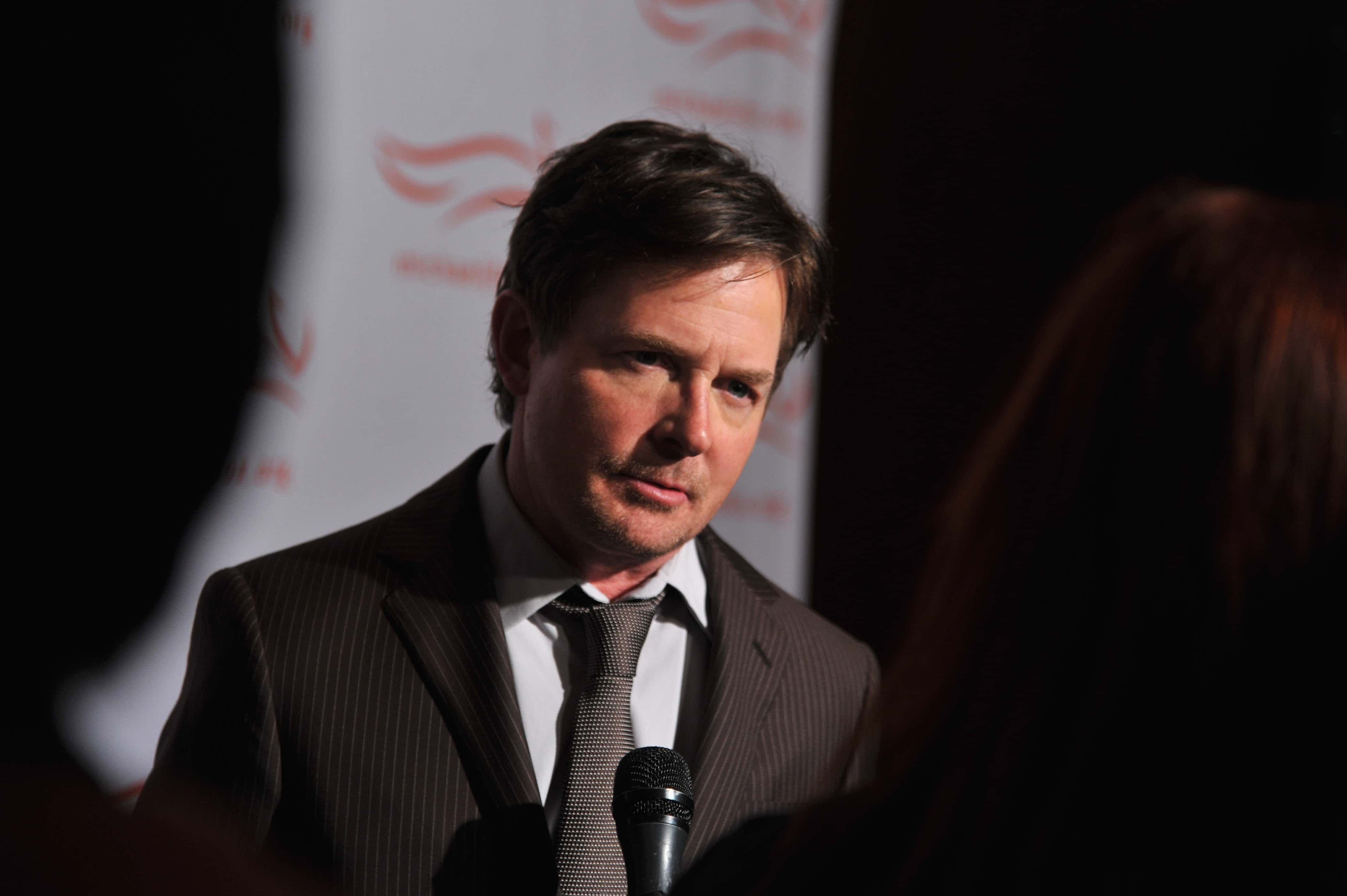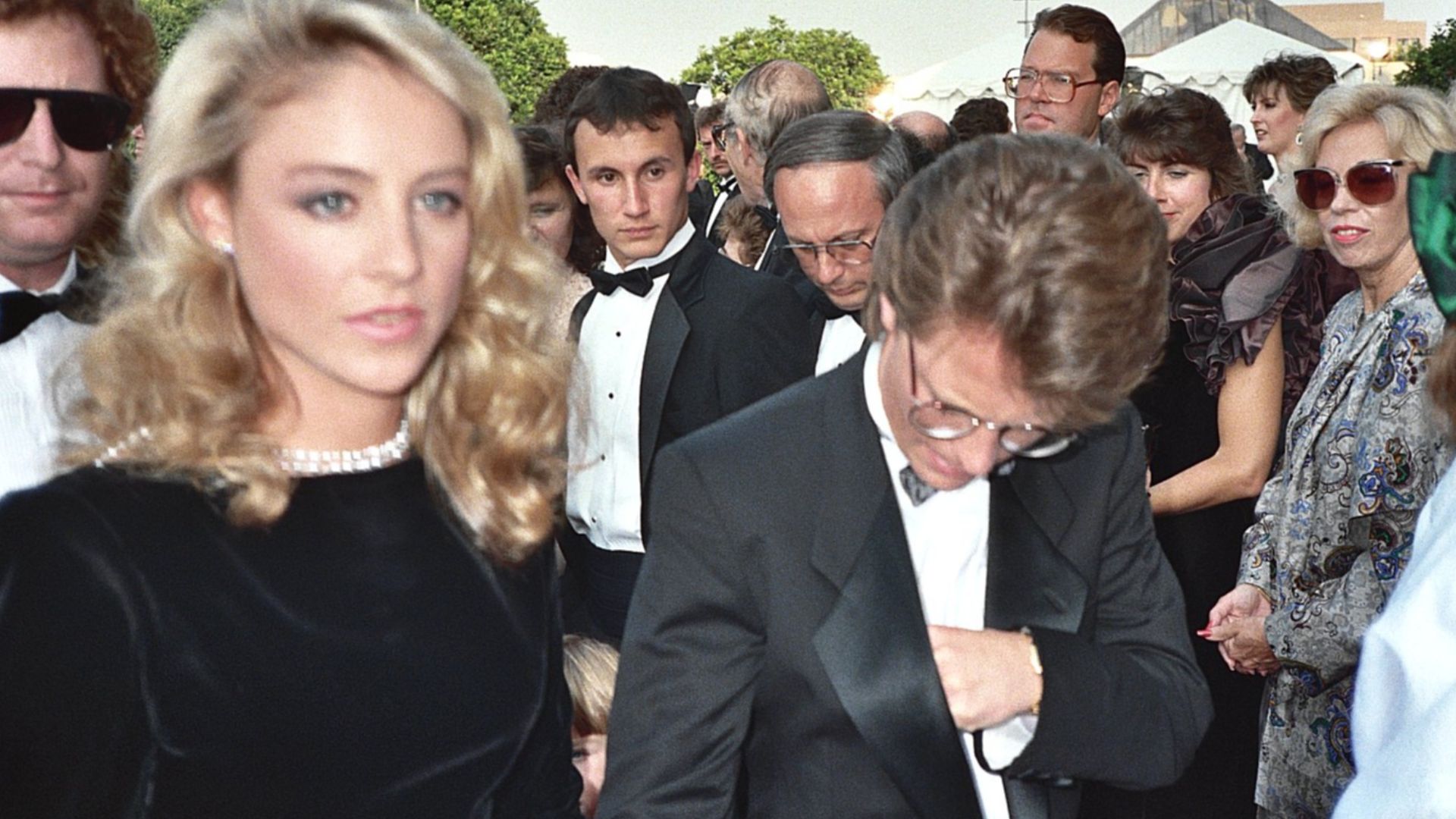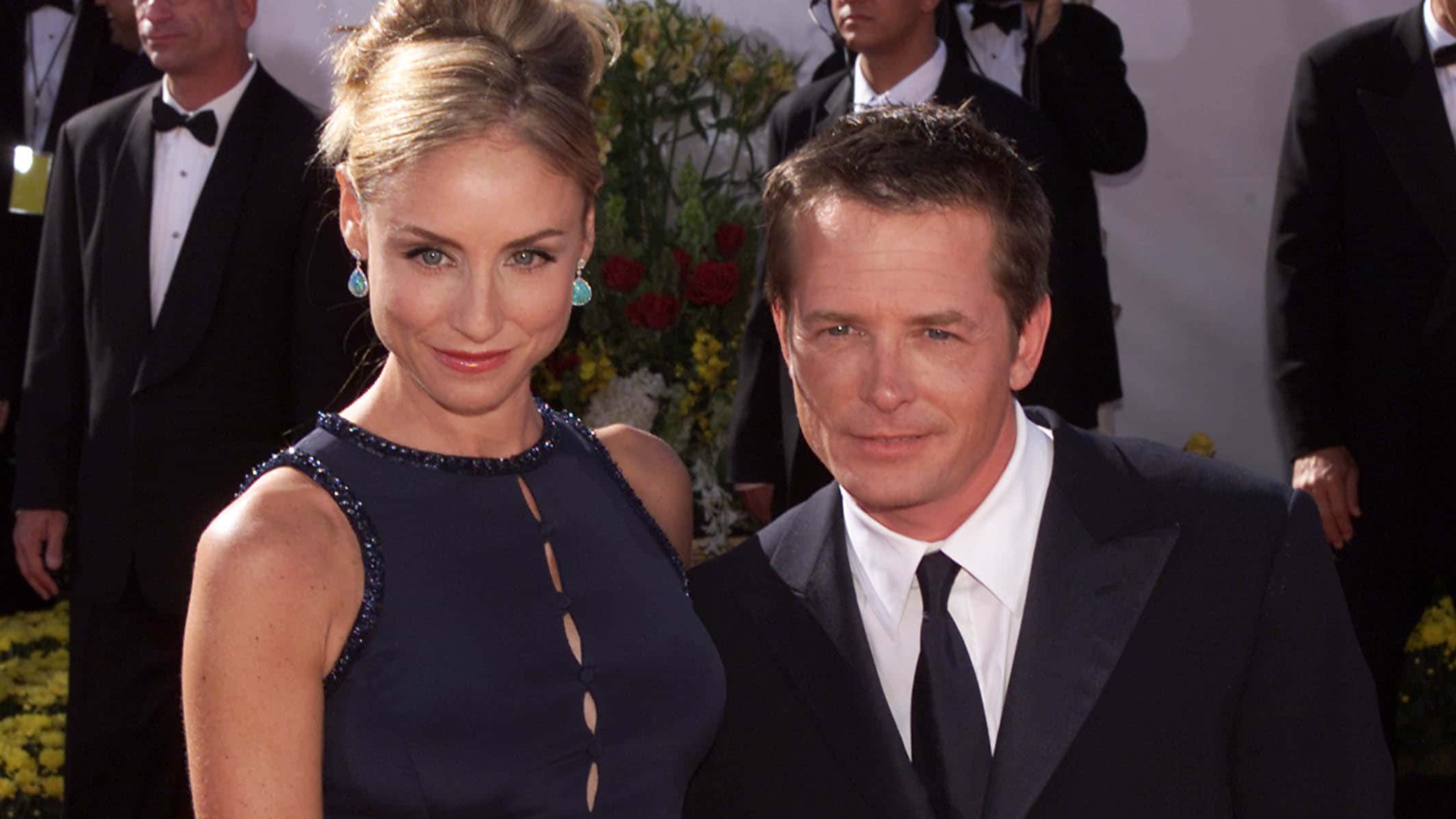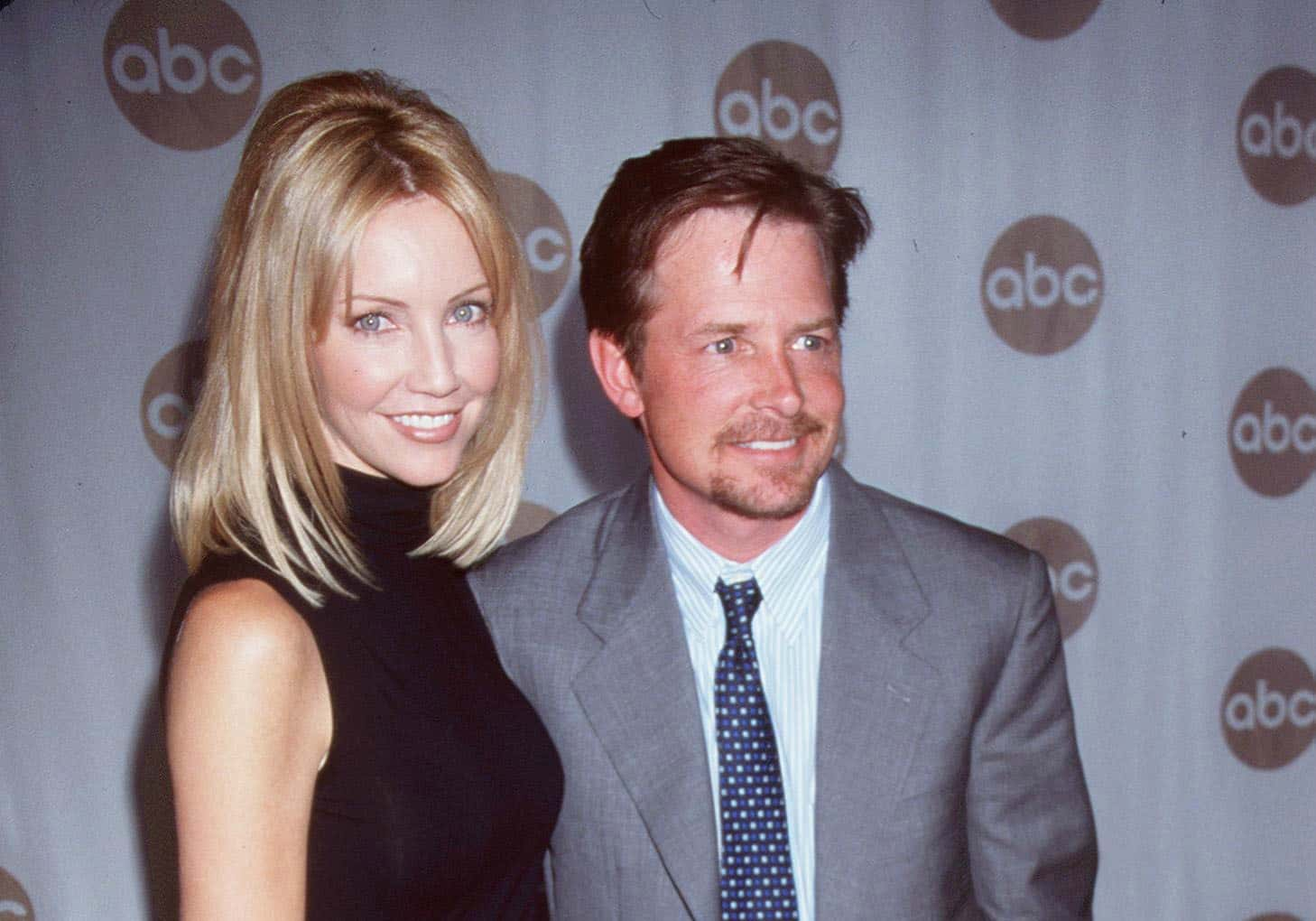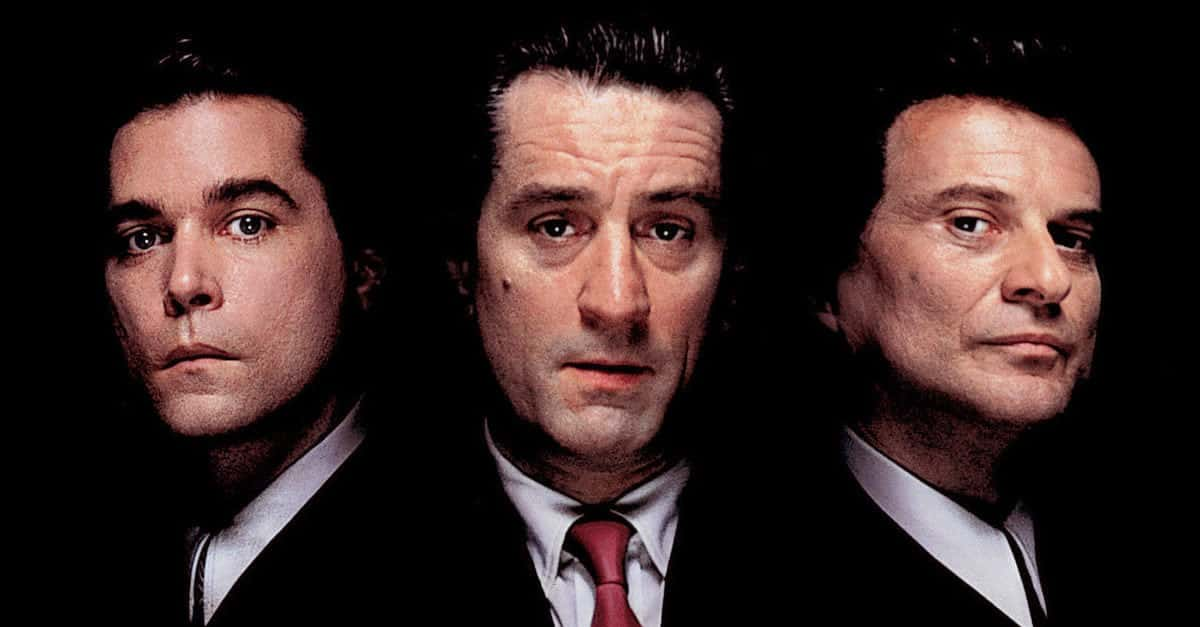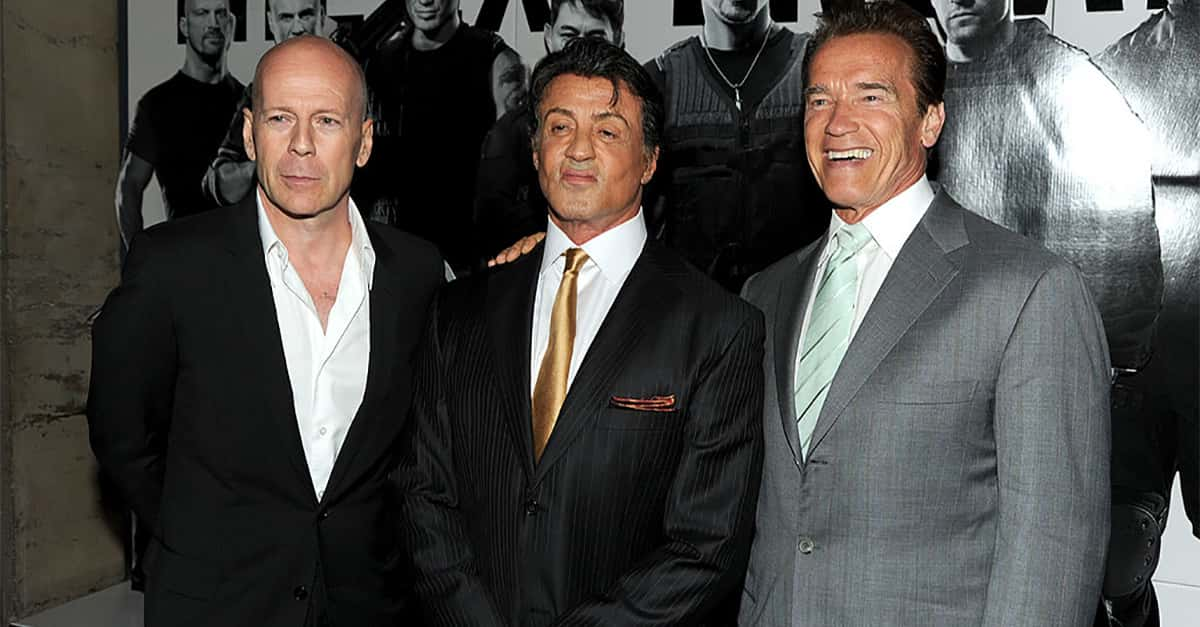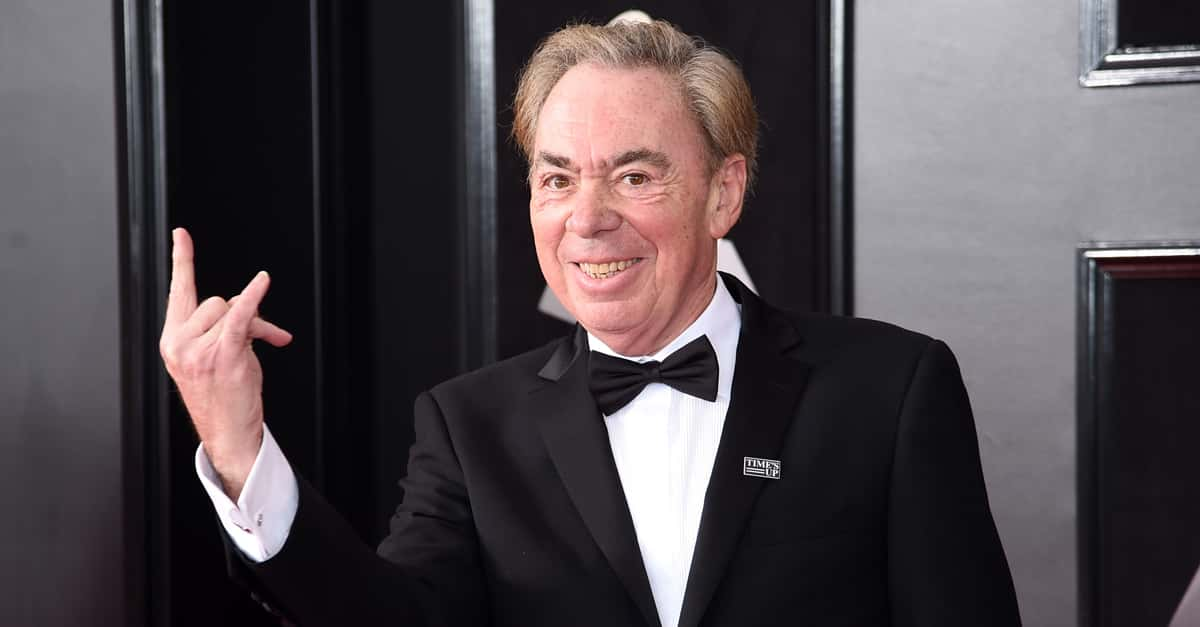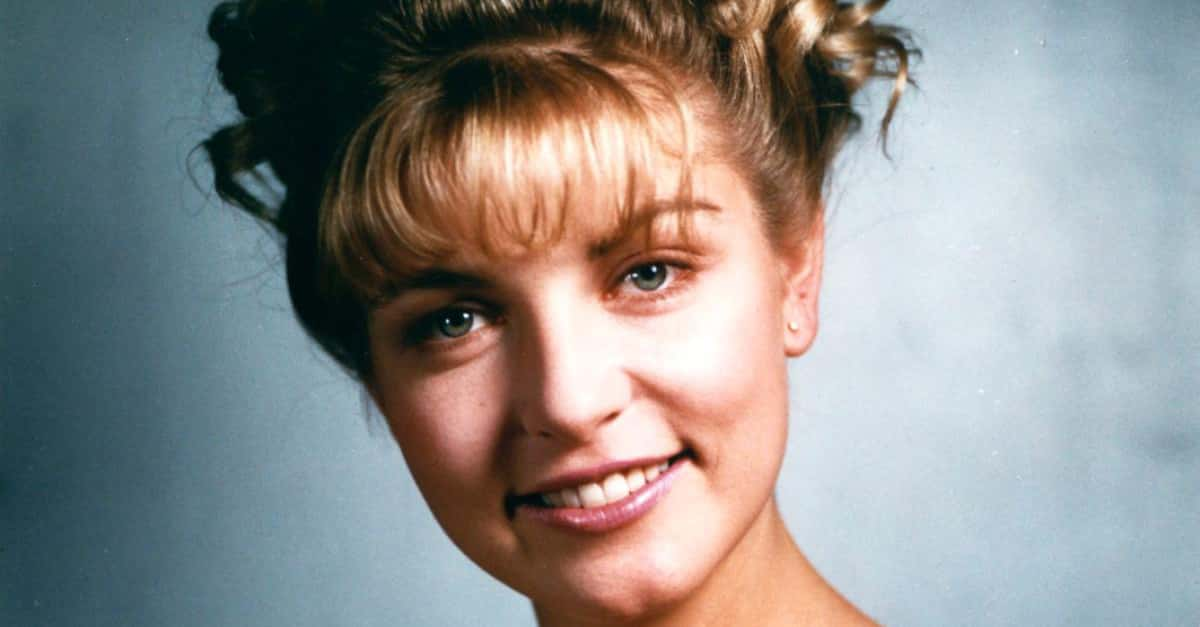Still Here, Still Honest
Michael J. Fox has faced down fame, illness, and time itself. But lately, his reflections have taken on a quieter tone—one of acceptance. Decades after becoming a symbol of hope, he’s speaking more openly about his life and how he would like it to come to an end one day.
From Canada to Hollywood Stardom
Before he became a household name, Fox was just a kid from Edmonton, Alberta, chasing a dream. His charm and timing landed him Family Ties, then Back to the Future—and suddenly, he was everywhere. The quick wit, the grin, the energy—he was unstoppable. Or so it seemed.
 Universal Pictures, Back To The Future (1985-1990)
Universal Pictures, Back To The Future (1985-1990)
The Diagnosis That Changed Everything
Then, at just 29 years old, everything shifted. A doctor told him he had Parkinson’s disease—a degenerative disorder with no cure. Fox kept the news close, unsure how to process it. Hollywood adored him, but now he faced something that fame couldn’t fix.
Keeping the Secret
For seven years, Fox kept his diagnosis private. He filmed, smiled, and carried on like nothing was wrong. Behind the scenes, though, he was learning to hide tremors and steady shaking hands between takes. “It was exhausting,” he later admitted.
When Silence Became Too Heavy
Eventually, secrecy became its own burden. By 1998, Fox decided to go public—and in doing so, changed everything. He wasn’t trying to inspire anyone—he just wanted to stop pretending. The honesty that once defined his comedy now defined his life.
Turning Pain Into Purpose
In 2000, Fox launched The Michael J. Fox Foundation to fund Parkinson’s research. What started as one man’s battle became a global movement. Over $2.5 billion later, the foundation stands as one of the most successful medical nonprofits in the world—and a beacon of hope for millions.
 Neilson Barnard/MJF2014, Getty Images
Neilson Barnard/MJF2014, Getty Images
The Body Keeps Score
But even the strongest spirits meet limits. As the years passed, Parkinson’s hit harder—tremors worsened, balance faded, and falls became frequent. A 2018 spinal surgery to remove a benign tumor set him back further. Each recovery felt like starting over, yet he refused to lose humor or purpose.
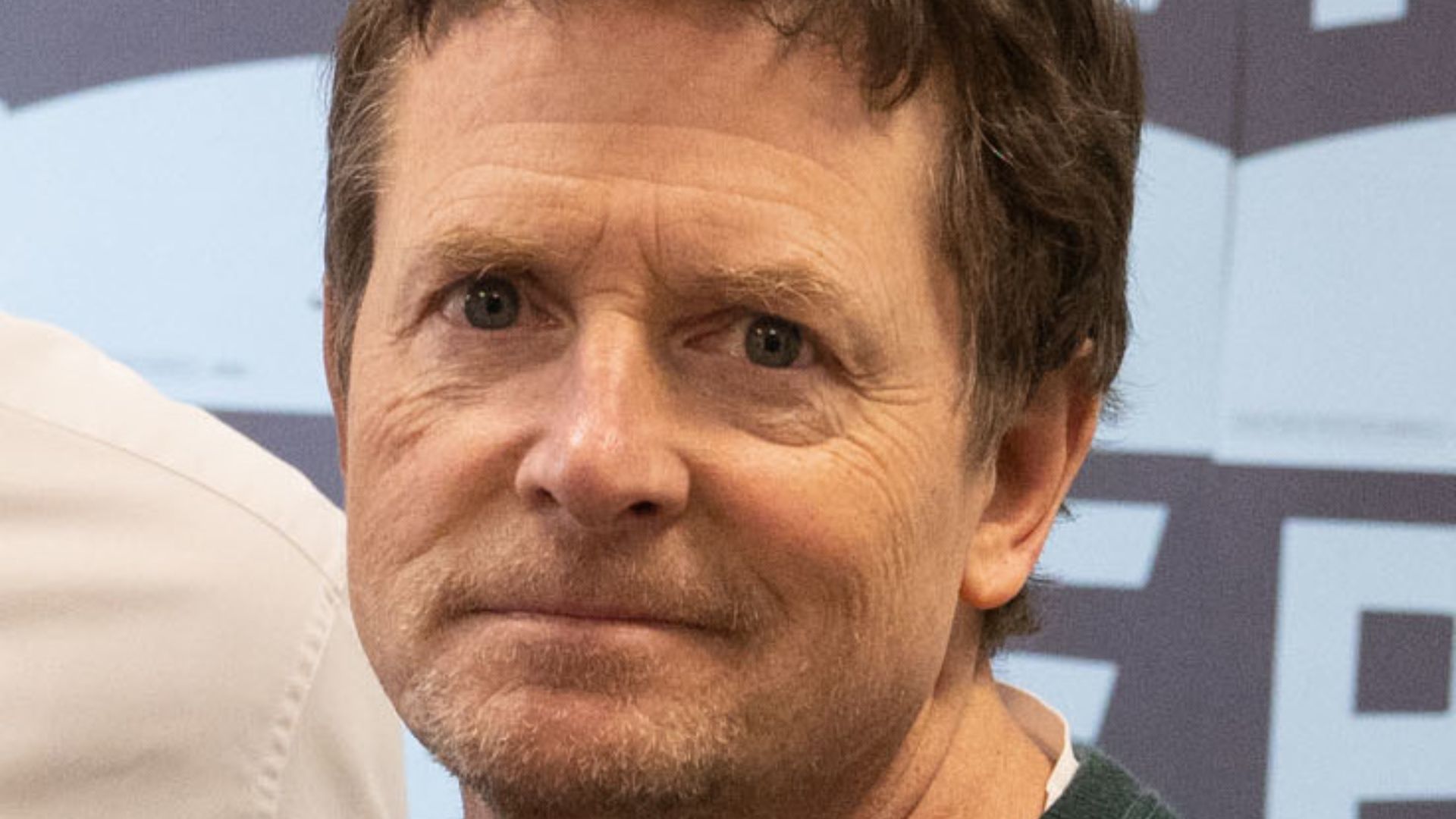 Chuck Kennedy (Pete for America), Wikimedia Commons
Chuck Kennedy (Pete for America), Wikimedia Commons
A Sense of Humor That Never Left
“I just haven’t had time to die yet,” he once joked. That mix of wit and realism has made fans love him even more. Humor has always been his defense mechanism—one that still keeps him light, even when his body feels heavy.
Listening to His Body
Fox says each morning begins with a quiet check-in. “I wake up and get the message of what the day is gonna be like,” he explained. “And I try to adjust to it.” It’s not resignation—it’s acceptance, and a reminder that control isn’t everything.
Slowing Down for Safety
He’s also learned to take it easy. “I don’t walk that much anymore,” Fox admitted. “It’s a bit dangerous.” Falls and balance issues have made even simple movement risky, so he moves carefully, letting patience replace pride. He still gets around—but on his own terms.
His Story on Film
When Still: A Michael J. Fox Movie debuted in 2023, it showed the world his reality—unsteady, raw, and full of humor. Fox wanted it that way. “Don’t feel sorry for me,” he told the filmmakers. “This is just what life looks like for me now.”
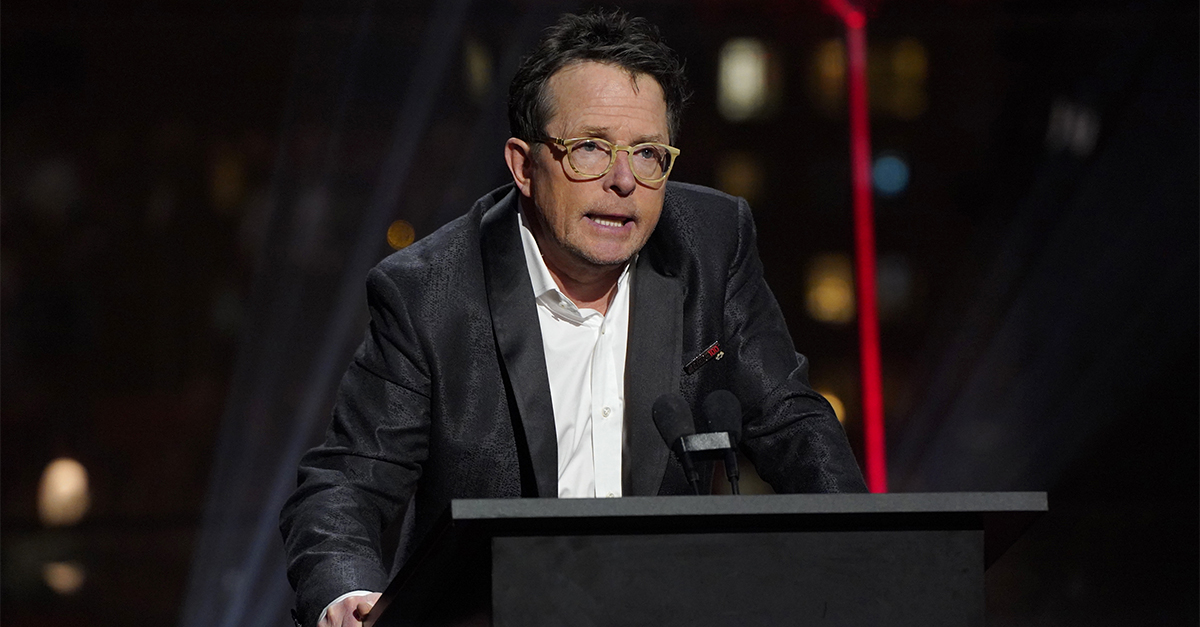 Sean Zanni/Patrick McMullan, Getty Images
Sean Zanni/Patrick McMullan, Getty Images
Facing Mortality Head-On
It’s that honesty that’s drawn people in. Fox doesn’t flinch from talking about death. “It’s not something I think about all the time,” he said. “But it’s there.” He doesn’t dramatize it, and he doesn’t fear it—it’s just part of the deal.
You Don’t Die From Parkinson’s
“You die with it,” Fox often explains. To him, Parkinson’s isn’t a killer—it’s a companion he’s learned to live alongside. That perspective helps him focus on what he can do instead of what he’s lost—and that’s where his peace comes from.
 Leonard Zhukovsky, Shutterstock
Leonard Zhukovsky, Shutterstock
A Wish for Peace, Not Drama
Lately, he’s shared one quiet wish: that when the time comes, it happens peacefully. “I’d like to just not wake up one day. That’d be really cool,” he said. “I don’t want it to be dramatic. I don’t want to trip over furniture, smash my head.”
 Everett Collection, Shutterstock
Everett Collection, Shutterstock
Finding Calm in the Chaos
That thought isn’t sad to him—it’s comforting. Fox doesn’t see death as defeat. He sees it as rest. After all, he’s spent a lifetime fighting—first for success, then for control, and finally for peace. Now, calm feels like its own kind of victory.
 Featureflash Photo Agency, Shutterstock
Featureflash Photo Agency, Shutterstock
Gratitude as a Guide
He often says, “Gratitude makes optimism sustainable.” It’s more than a quote—it’s how he gets through each day. When pain sets in, he looks for something small: a laugh with Tracy, a sunrise, a quiet moment that feels good enough. “Gratitude is the fuel that keeps me steady,” he’s said.
Tracy Pollan: His Constant
Through every fall and setback, Tracy Pollan has been there. They married in 1988, long before the diagnosis. “She’s my rock,” Fox says. Their bond has carried him through the worst days with humor, patience, and love—a partnership that’s endured more than most couples could imagine.
Still Fighting for Others
Even as he slows down, Fox’s foundation continues pushing forward. Recent discoveries may allow doctors to diagnose Parkinson’s earlier than ever—something Fox calls “the biggest breakthrough we’ve ever had.” His advocacy hasn’t slowed; it’s simply evolved.
Redefining Strength and Pride
He’s no longer interested in being seen as “brave.” “I’m just me,” he says. “I have bad days.” That honesty makes him more relatable than ever—and shows that strength doesn’t always mean smiling through pain. “I’m just trying to make the most of it,” he’s said—and that’s enough.
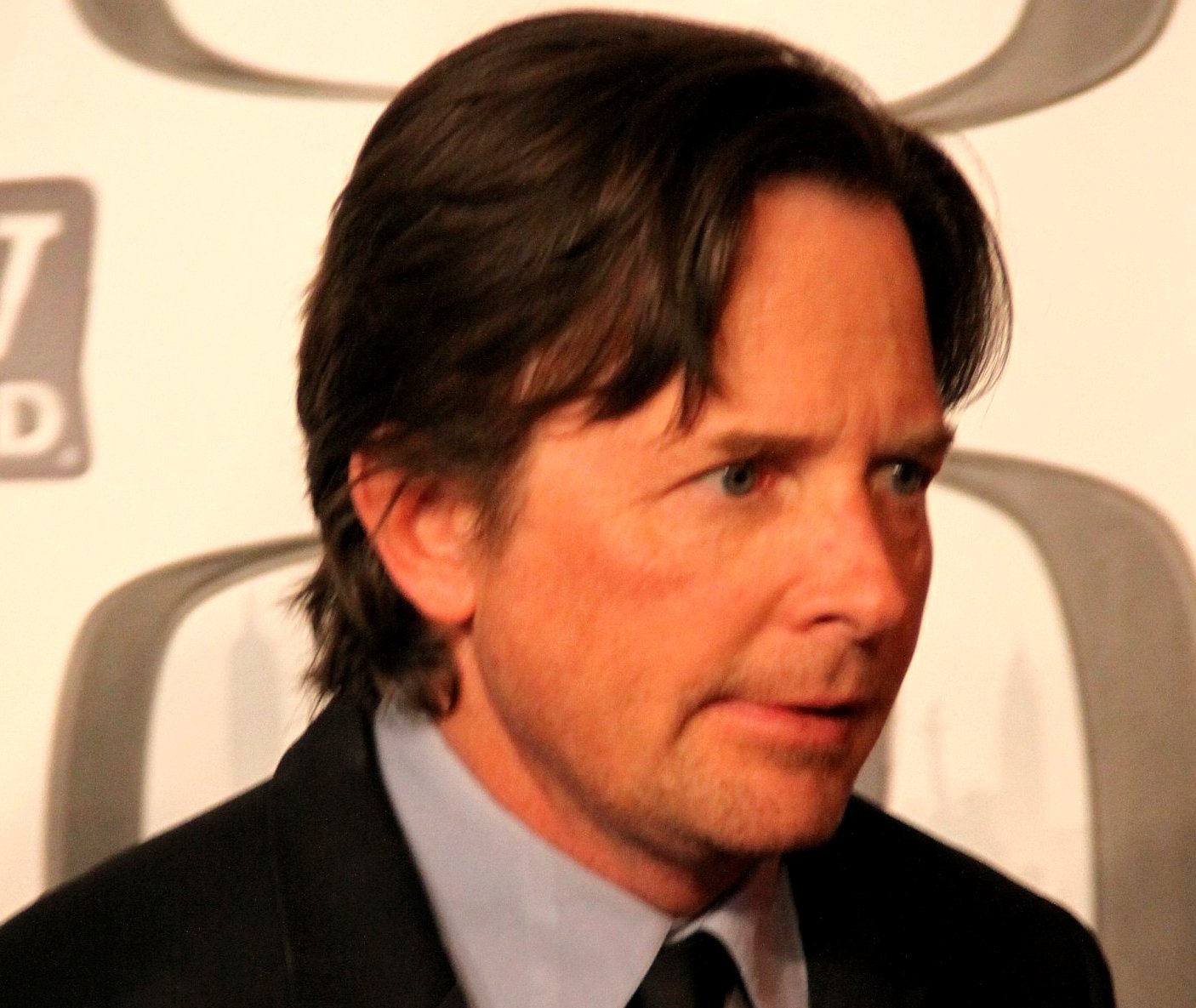 Thomas Atilla Lewis, CC BY 2.0, Wikimedia Commons
Thomas Atilla Lewis, CC BY 2.0, Wikimedia Commons
Life, Slower but Still Full
These days, he moves slower, speaks softer, and laughs just as easily. He writes, reads, and spends time with his family. He’s still telling stories—just at a different pace, with a little more reflection than before. His life is smaller, but still full.
 Featureflash Photo Agency, Shutterstock
Featureflash Photo Agency, Shutterstock
Defining Peace and Courage
For Fox, peace isn’t about escape—it’s understanding. It’s learning to coexist with what he can’t control, to laugh when he stumbles, and to live in the moment without apology. He’s proven that courage doesn’t always roar—sometimes it just whispers: keep going.
Lessons in Letting Go
Fox’s openness about aging and dying has helped others do the same. He reminds us that mortality doesn’t have to be terrifying—it can be honest, even freeing. His candor gives people permission to see decline as part of living, not the end of it.
 The Michael J Fox Show Official Trailer by David Chan
The Michael J Fox Show Official Trailer by David Chan
Redefining Legacy
His name will always be tied to Back to the Future, but that’s only part of it. His real legacy is empathy—showing the world that illness doesn’t erase dignity, and humor doesn’t disappear with age. What he’s given people goes far beyond entertainment.
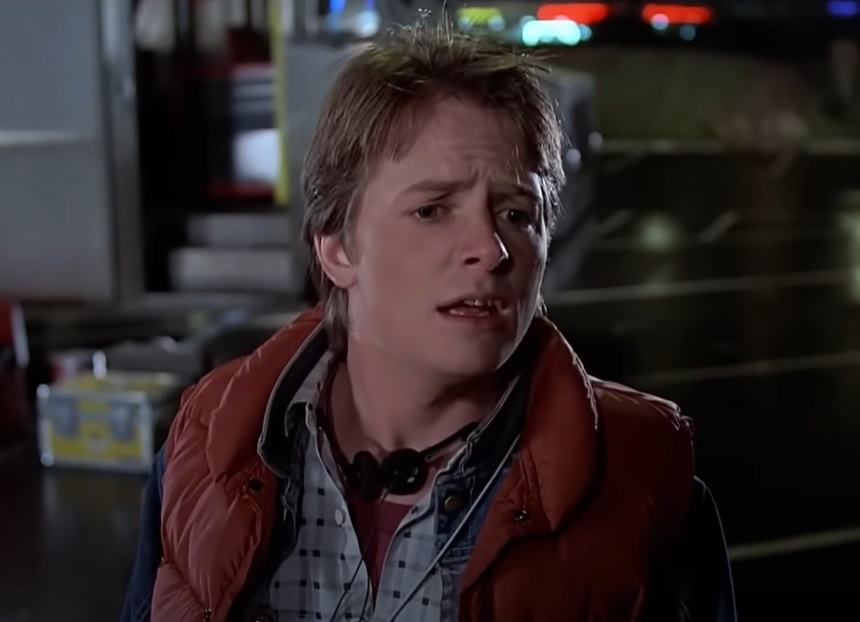 Universal, Back To The Future (1985)
Universal, Back To The Future (1985)
A Life Fully Lived
Even as his body betrays him, his spirit doesn’t. He still laughs, still reflects, still connects. He’s proof that being alive has little to do with being perfect—and everything to do with being present.
Grace in the End
When that time comes, Fox hopes it’s quiet. Private. Peaceful. No headlines, no spectacle—just stillness. The same grace he’s shown in life carried gently into the end.
What His Story Teaches Us
Michael J. Fox has taught us that the goal isn’t to fight forever—it’s to live well while you can. Acceptance isn’t giving up. It’s knowing when to let go—and doing it with love.
You Might Also Like:

